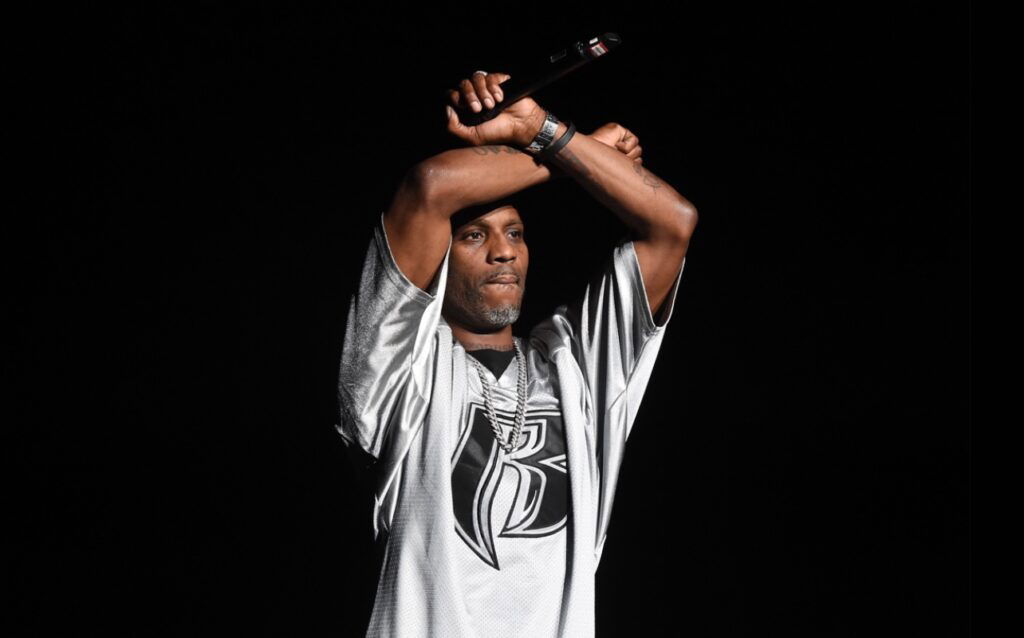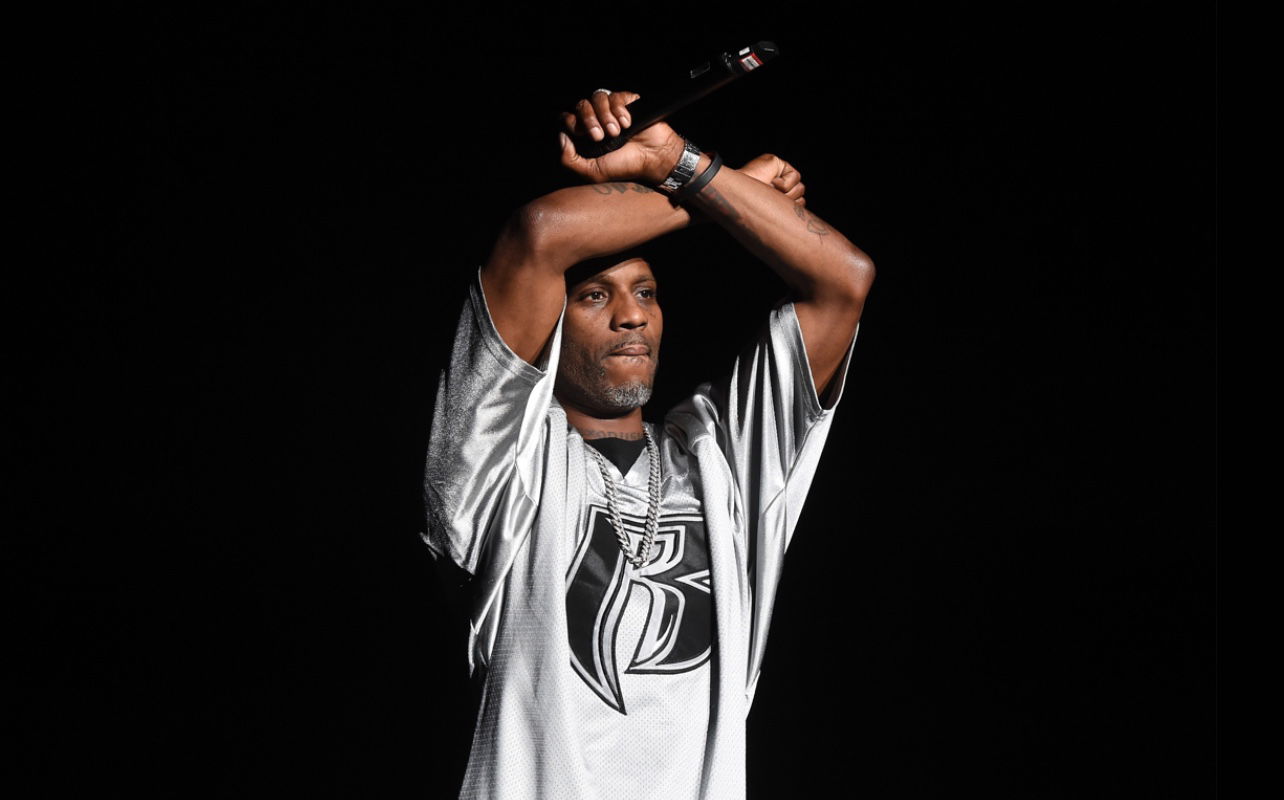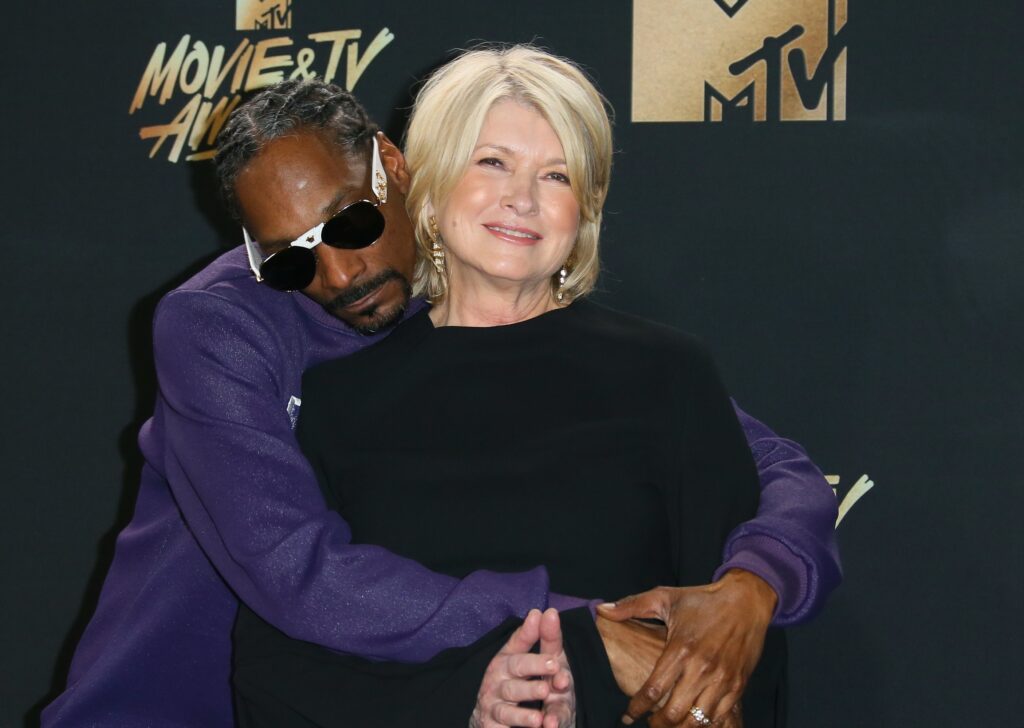During Black Music Month our focus is celebrating both the generational sounds and the artists who created them, especially those who have passed away. Hip-hop emerged as a testament to resilience and creative ingenuity, yet many of its foundational artists and innovators departed prematurely. The music of these artists continues to inspire and uplift while driving cultural progress, maintaining their legacies. Here are 10 ten artists to remember during Black music month. Tap into these of 10 pivotal rappers whose exceptional lyrical talent combined with cultural influence and business acumen created lasting impressions within both the music industry and culture.
Pimp C
Chad Lemon Butler who performed under the name Pimp C was born Dec. 29, 1973 and entered Hip-Hop from Port Arthur, Texas. The southern producer departed the world Dec. 4, 2007. Through his work with UGK (Underground Kingz) and participation in “International Players Anthem,” he became a crucial figure who helped bring Southern rap to national attention. Pimp C’s distinctive drawl and bold commentary elevated each UGK track with genuine southern authenticity and style. Pimp C championed equitable industry treatment for Southern artists. The year 2007 witnessed his premature death which left a void in Southern hip-hop.
[embedded content]
Craig Mack
Craig Mack was born in North Trenton, New Jersey on September 3, 1971. Mack became a pivotal hip-hop figure in the mid-1990s through his hit single “Flava in Ya Ear.” The gritty energy of his debut record propelled Bad Boy Records into mainstream success. The untimely death of Mack in 2018 brought his foundational influence on East Coast rap’s new era back to fans’ memories.
[embedded content]
Bushwick Bill (of Geto Boys)
Richard Stephen Shaw, also known as Bushwick Bill, was born in Kingston, Jamaica on December 1, 1966. Bushwick Bill started as a key member of Houston’s pioneering group Geto Boys. He used his music to defy societal standards and initiate vital conversations about mental health issues, violence and Black American experiences. The emergence of Southern rap into national recognition consisted of his unapologetic and raw lyrics. Bushwick Bill’s life came to an end in 2019 following his courageous fight against cancer. Even after his death his voice remains a fundamental element within hip-hop’s abundant heritage.
[embedded content]
Nipsey Hussle
The musical artist Ermias Joseph “Nipsey Hussle” Asghedom achieved Grammy nomination status as both a rapper and songwriter. Ermias Asghedom, known as Nipsey Hussle, emerged from his birth city of Los Angeles on August 15, 1985 to become a rapper and visionary who leveraged his platform to promote economic empowerment alongside real estate investment and community development in South Los Angeles. Through tracks like “Hussle & Motivate,” Nipsey’s Grammy-winning Victory Lap album exhibited his entrepreneurial drive alongside emotional depth and aspirational vision. His life and work representing Black excellence and ownership.
[embedded content]
Pop Smoke
Pop Smoke born Bashar Barakah Jackson July 20, 1999, grew into a transformative figure in Brooklyn after the release of his hit song “Welcome to the Party.” His unique voice, style and energy defied his youthful age. His posthumous debut album Shoot for the Stars, Aim for the Moon solidified his hip-hop status by displaying his immense potential. Tragically, he passed away at 20 on February 19, 2020, leaving behind a legacy of unlimited promise.
[embedded content]
Fatman Scoop
Isaac Freeman III, born the on August 6, 1968, in Manhattan, New York, before gaining fame as hype man and crowd motivator Fatman Scoop. His lively performances and club hits were infectious. Scoop died August 30, 2024, leaving behind a dynamic presence and enduring legacy.
[embedded content]
Heavy D
Born May 24, 1967, Arrington “Heavy D” Myers explored multiple professional paths as a rapper, record producer, and actor. Myers became a music industry pioneer by crafting the hit song “Overweight Lover.” His artistry fused smooth charisma with pop appeal while maintaining hip-hop authenticity. Heavy D demonstrated remarkable showmanship. The industry and culture experienced significant transformations due to his work in establishing professional opportunities for others. The music industry experienced a major loss with his death in 2011.
[embedded content]
DMX
DMX was born December 18, 1970, in Mount Vernon, New York and later gained fame for songs such as “Ruff Ryders’ Anthem.” The late 1990s and early 2000s saw him emerge as a clear powerhouse. Fans around the globe connected with his gruff voice combined with unmatched energy and lyrics. DMX, whose real name is Earl Simmons, shared his battles with addiction and trauma openly, while using his music as a powerful tool to address his suffering and seek redemption. His death in 2021 closed a turbulent yet legendary period in hip-hop history.
[embedded content]
The Notorious B.I.G.
Brooklyn, New York welcomed Christopher Wallace on May 21, 1972. Biggie Smalls became a lyrical mastermind whose narrative skill transformed hip-hop music. The music industry still struggles to measure Biggie’s impact from his success with songs such as “Juicy.” Starting in Brooklyn’s modest neighborhoods before rising to global stardom, his powerful impact still molds countless rappers many years after his untimely death in 1997.
[embedded content]
Tupac Shakur
Lesane Parish Crooks entered the world June 16, 1971, in Harlem, before becoming known as Tupac Amaru Shakur. Shakur gained fame for his revolutionary artistry and hit songs such as “Dear Mama.” His vocal presence reached beyond the microphone to define himself as a poet, actor, activist and truth-teller. Tupac’s music confronts Black America’s struggles and oppressions head-on through its examination of systemic injustice combined with personal vulnerability. He emerged as a cultural icon representing prophetic figures. In 1996 his life ended tragically when he died at the age of 25.
[embedded content]
RELATED CONTENT: Irv Gotti Honored At Hot 97 Summer Jam During Black Music Month






